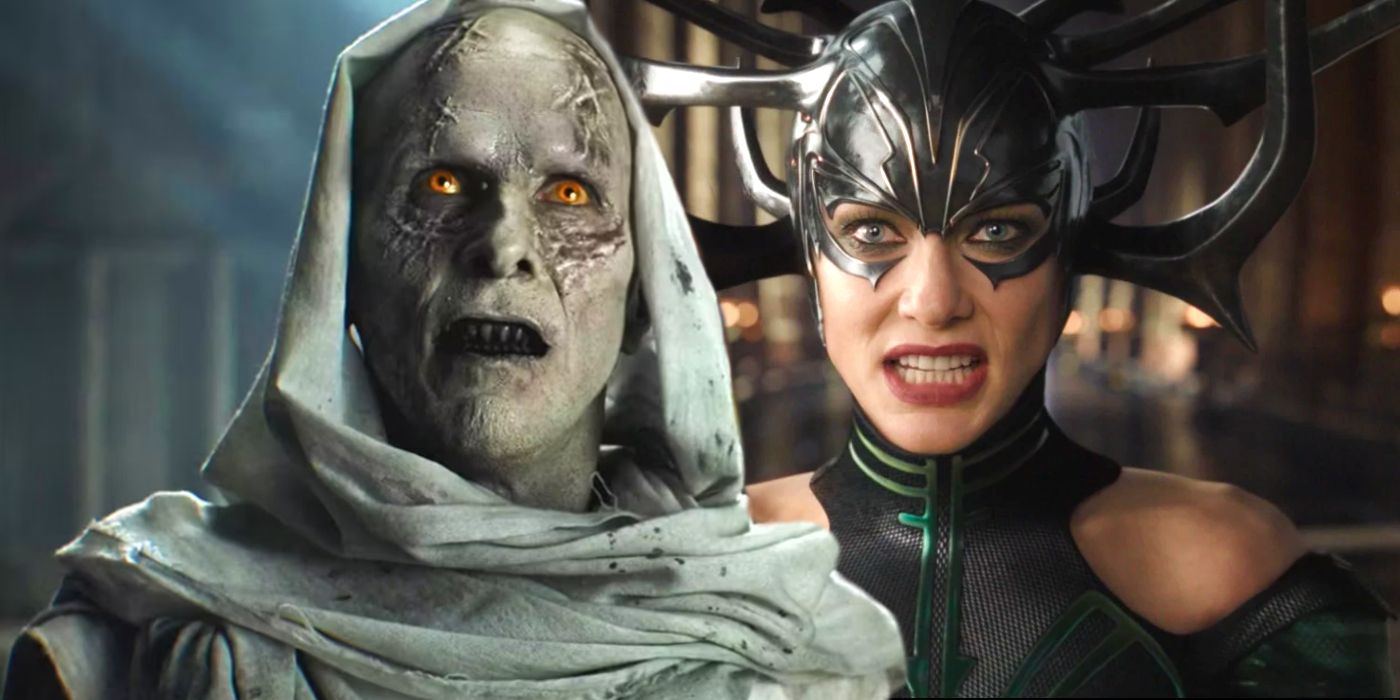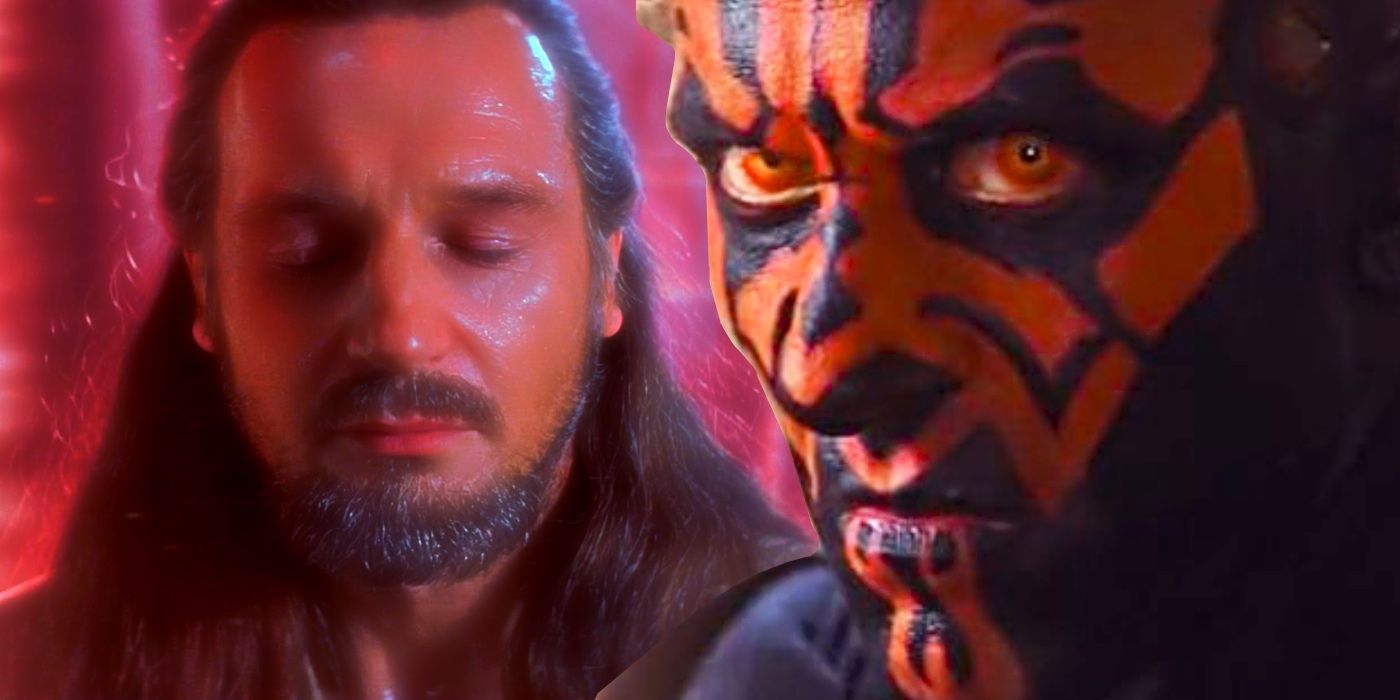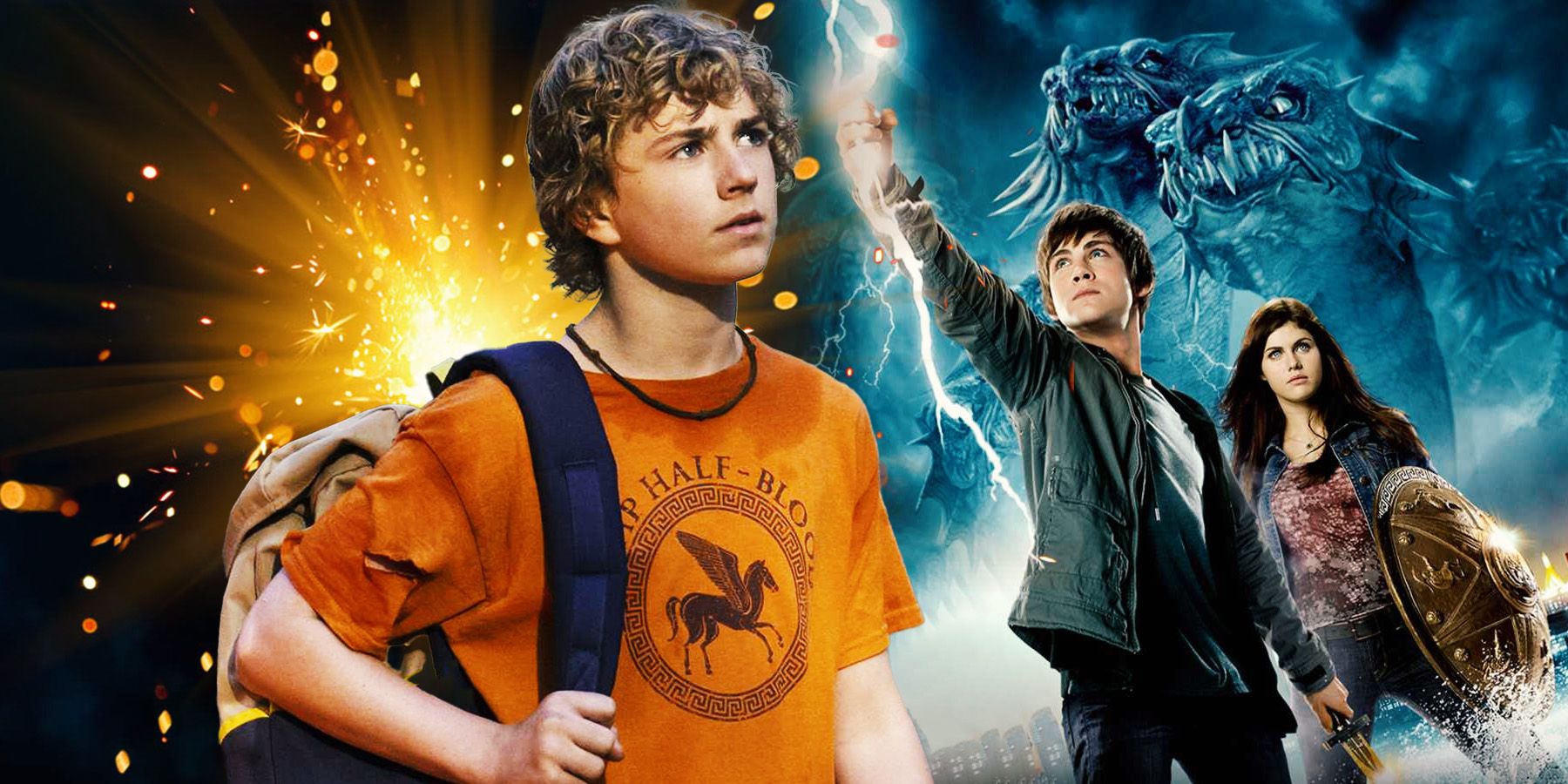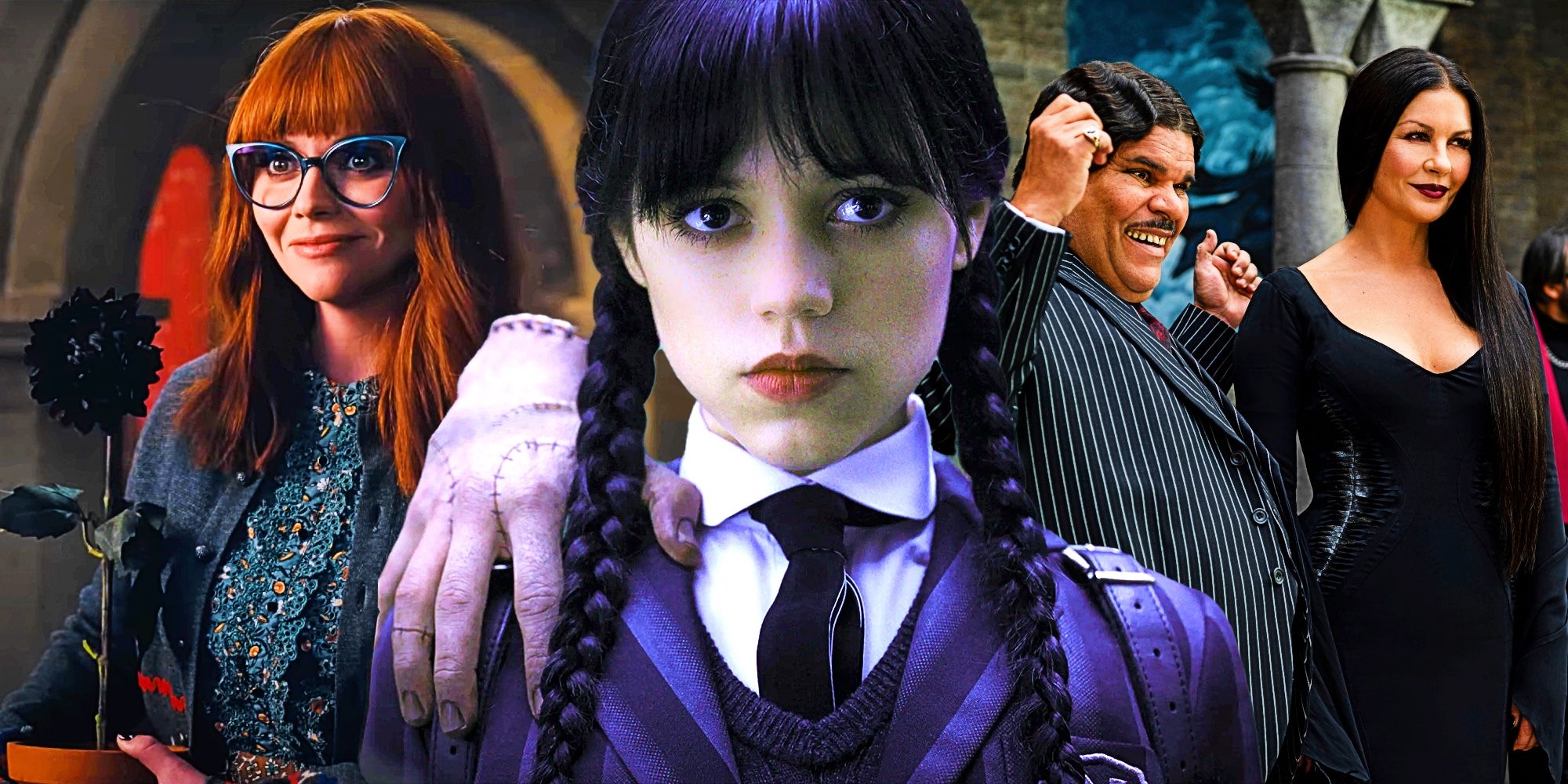Director Martin Scorsese debates whether Barbie and Oppenheimer helped revive cinema. Both released on July 21, Barbie and Oppenheimer’s simultaneous release was the biggest film event of 2023. Coined “Barbenheimer,” the concurrent release was helpful for both films; Barbie became the top grossing film of the year, coming in at a $1.4 billion gross, whereas Oppenheimer boasts a still-impressive $939 million worldwide box office gross.
Scorsese pontificates on Barbenheimer’s role in saving cinema in a recent interview with Hindustan Times. In his interview, Scorsese admitted that he has yet to see either film, but has a respect for multiple members of their creative teams. In terms of the “combination of Oppenheimer and Barbie,” Scorsese believes that it was somewhat of a unique “perfect storm” as one could not have two more different films “work together” and gain such intertwined traction in the cultural zeitgeist. Ultimately, Scorsese thinks that “the most important thing is that people went to watch these in the theatre.” Check out the full quote from Scrosese below:
I do think that the combination of Oppenheimer and Barbie was something special. It seemed to be, I hate that word, but the perfect storm. It came about at the right time. And the most important thing is that people went to watch these in a theatre. And I think that’s wonderful.
I haven’t seen the films yet. I love Chris Nolan’s work. Margot Robbie, I must say, started with me from The Wolf of Wall Street. Rodrigo Prieto (cinematographer), after finishing Killers of the Flower Moon, went on to shoot Barbie. So it’s all in the family (laughs).
The way it fit perfectly – a film with such entertainment value, purely with the bright colours – and a film with such severity and strength, and pretty much about the danger of the end to our civilisation – you couldn’t have more opposite films to work together. It does offer some hope for a different cinema to emerge, different from what’s been happening in the last 20 years, aside from the great work being done in independent cinema. I always get upset by that, the independent films being relegated to ‘indies.’ Films that only a certain kind of people would like. Just show them on a tiny screen somewhere.
Evaluating Scorsese’s Barbenheimer Opinion
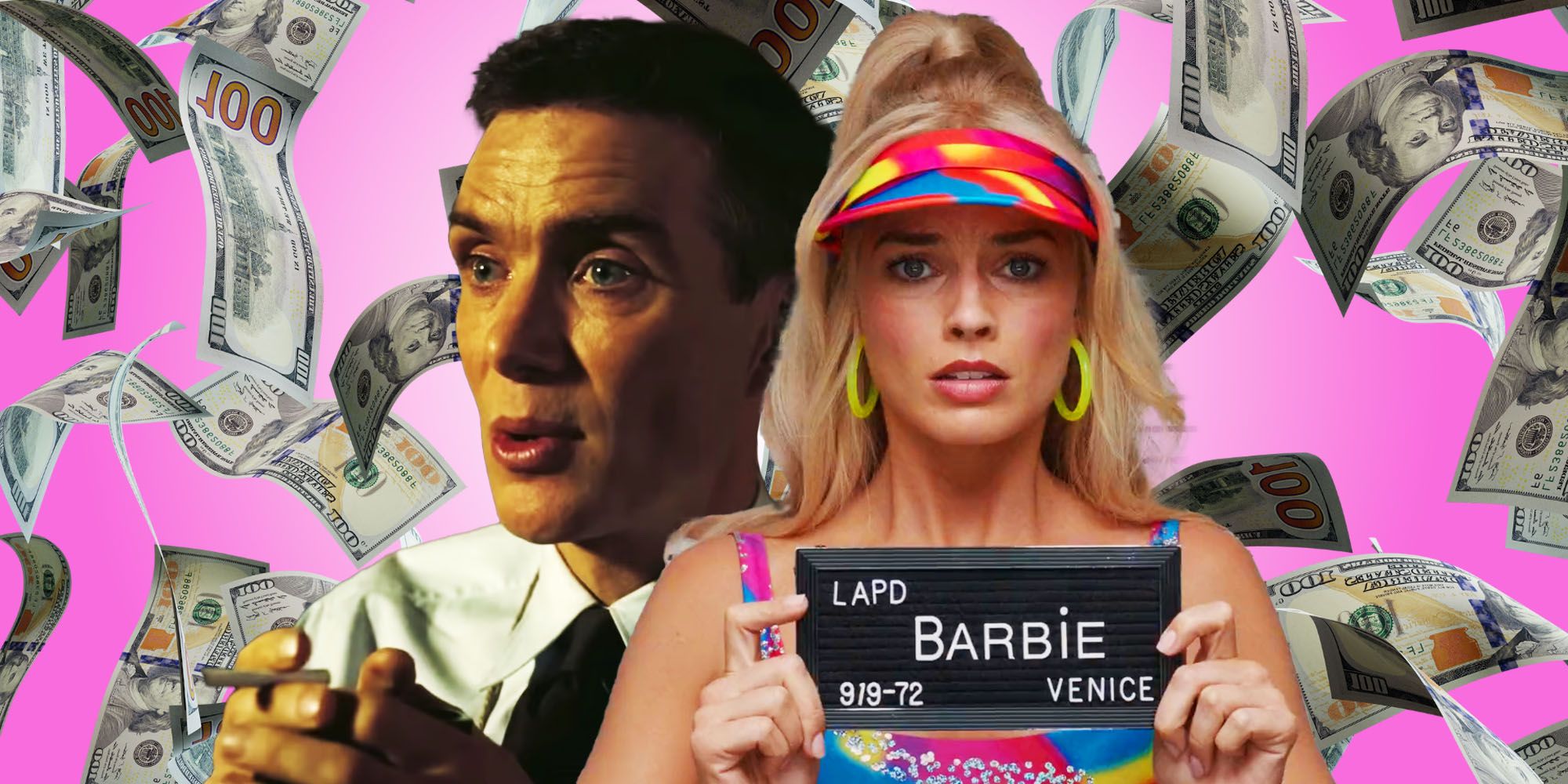
The director’s Barbie and Oppenheimer comments come after Scorsese recently spoke out about the need to “save cinema” from franchised superhero content. In this statement, Scorsese even pointed to Nolan as a way out of the “manufactured content” through a distinctive creative voice. These Barbenheimer comments add a layer of nuance to Scorsese’s cinema death fear. Scorsese is not averse to all mainstream content, but rather films that the director finds are shallowly produced and are not “giving you” anything genuine as an audience member.
This is not to say that Barbie and Oppenheimer’s successes are free from flaws. As has been pointed out, Hollywood has arguably taken the wrong message away from Barbie and Oppenheimer‘s successes. Since Barbie, Mattel has announced the development of numerous other toy-related films, including Polly Pocket, Hot Wheels, and Rock ‘Em Sock ‘Em Robots. Considering Barbie’s landmark achievement of being the highest grossing female-directed film of all time, this toy-film obsession post-Barbie feels off base.
On an industry level, Barbie and Oppenheimer may not have caused the healthiest reaction from Hollywood. But as Scorsese alludes to, the Barbenheimer phenomenon did do something vital, which is bringing people back to the cinema in droves. Post pandemic, this revitalization has been especially important as theaters have been suffering for the past three years. Hopefully, those who returned for Oppenheimer and Barbie will continue to see the value in the theater and help the box office throughout the rest of the year of the movies.
